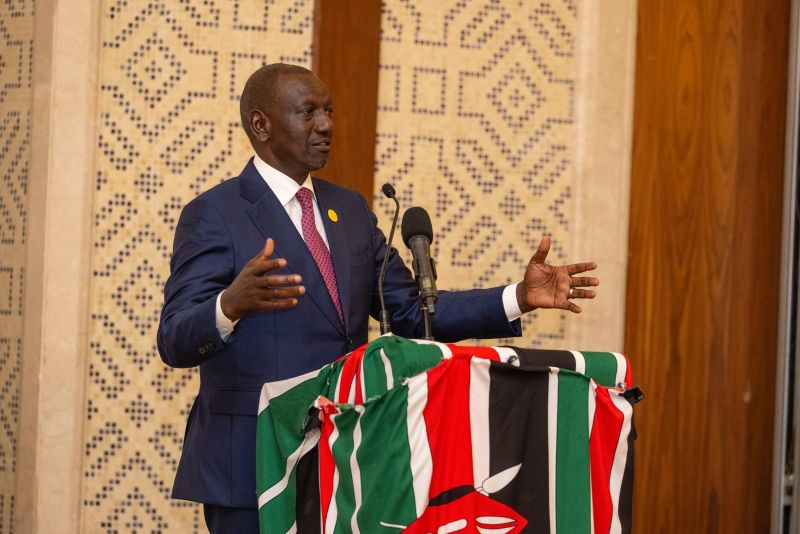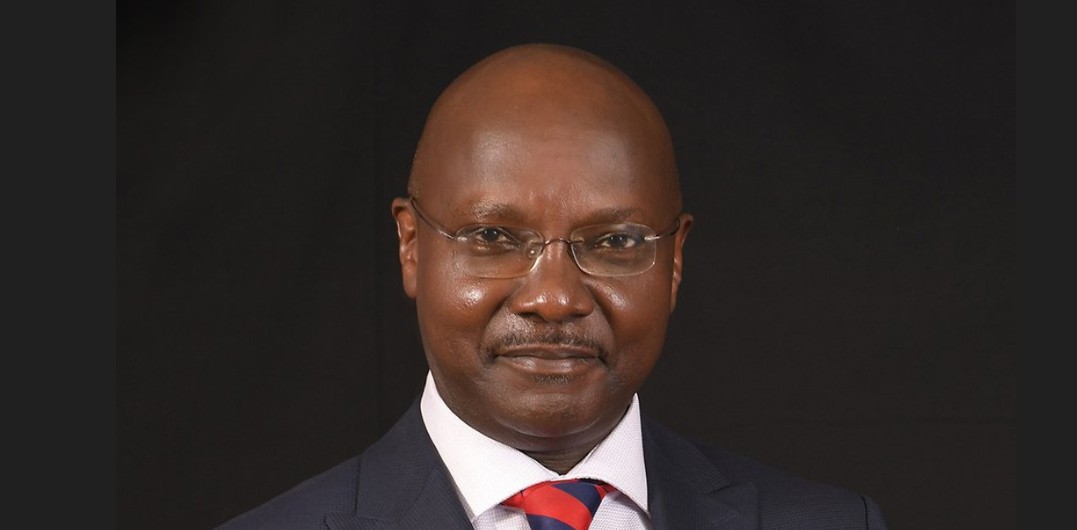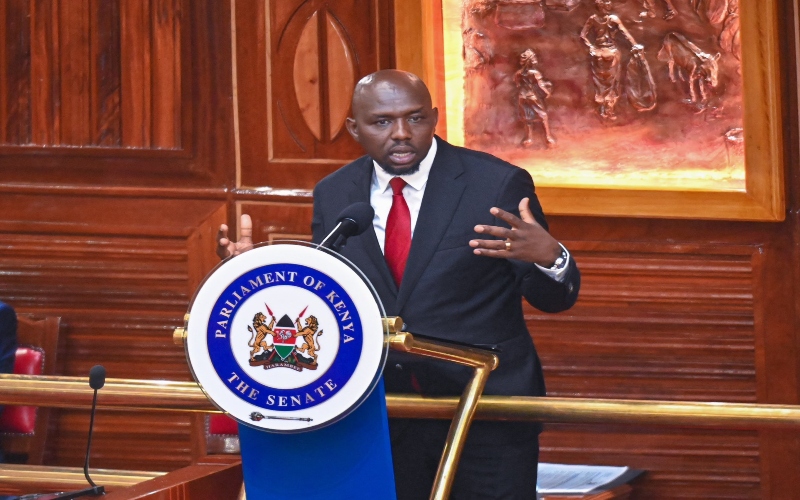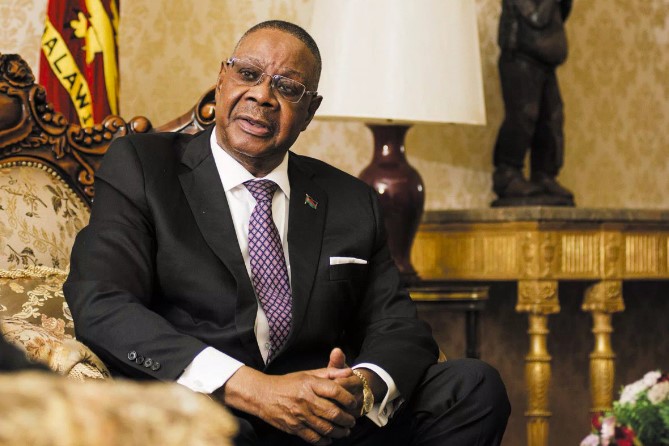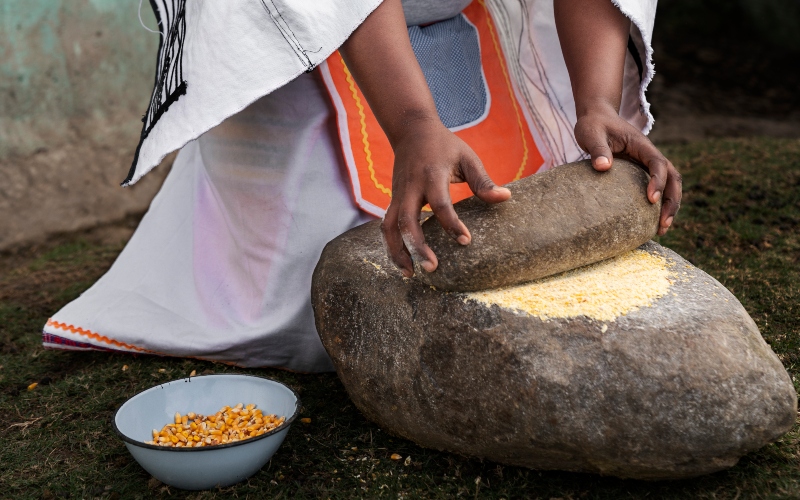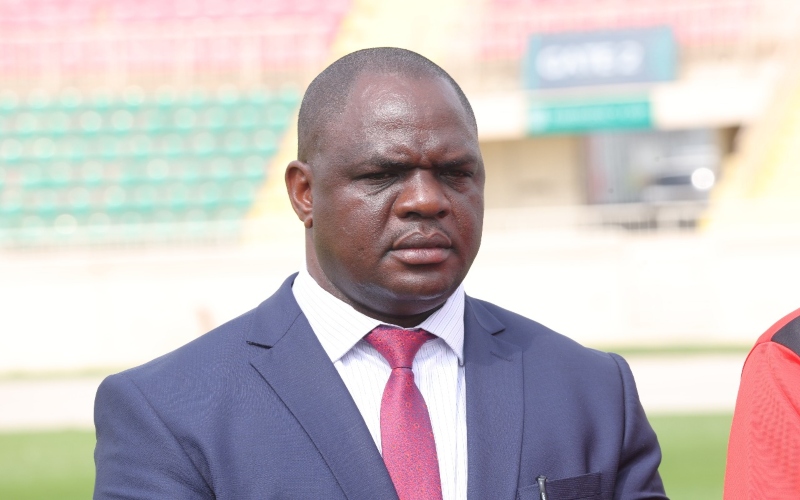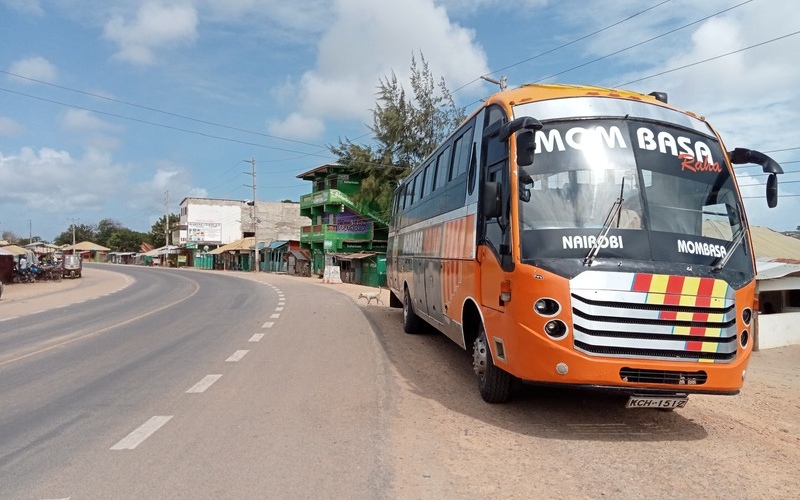Kenya's health programmes at risk as US pulls out of WHO

The US exit from the WHO is expected to reduce the organization's funding by approximately 18%, which could impact various WHO-led initiatives in Kenya.
The Ministry of Health has acknowledged the potential challenges posed by the US withdrawal from the World Health Organisation (WHO) and stressed the importance of global cooperation to overcome these setbacks.
During a media briefing on Wednesday, Director General Patrick Amoth highlighted that the US contributes 20% of WHO's global funding and called for collaborative efforts to fill this gap. "Lessons from the pandemic have shown us that we are safer when we work together as a global community," said Amoth.
More To Read
- WHO sounds alarm: Antibiotic resistance rising fast, puts millions at risk worldwide
- UN chief calls for Israel and Hamas to ‘abide fully’ by terms of US peace plan
- WHO warns of alarming teen vaping surge as 15 million adolescents now using e-cigarettes
- Ethiopia makes history as first IGAD nation to secure WHO’s top medicine safety rating
- Trump revives ‘America First’ agenda, declares end to policing Kenya, Somalia
- Paracetamol and vaccines not linked to autism, says WHO
The US has played a significant role in supporting health programmes in Kenya, particularly through the President's Emergency Plan for AIDS Relief (PEPFAR), which has been crucial in providing antiretroviral therapy (ART) to about 1.3 million Kenyans living with HIV.
The withdrawal of US support raises concerns about the future of these programmes, as the Kenyan government may struggle to maintain the current level of care without external funding.
Additionally, the US has contributed to the Global Fund to Fight AIDS, Tuberculosis, and Malaria, which supports several health initiatives in Kenya. Reducing funding could result in shortages of essential commodities, such as testing kits and medications, possibly undermining efforts to combat tuberculosis and malaria.
The US exit from the WHO is expected to reduce the organization's funding by approximately 18%, which could impact various WHO-led initiatives in Kenya, including disease surveillance, outbreak responses, and health system strengthening. The Kenyan government may need to explore alternative funding sources to address the shortfall.
On Monday, US President Donald Trump announced his U.S. withdrawal from the WHO, citing the organisation's mishandling of the COVID-19 pandemic and its failure to adopt necessary reforms.
The withdrawal is expected to undo years of progress in global health efforts, including in Kenya, where vital health programs rely on international collaboration and support.
The US was a founding member of the WHO in 1948 and has been instrumental in shaping its work. Over the years, both the U.S. and WHO have contributed to major health successes, such as the eradication of smallpox and the near-eradication of polio.
Despite the withdrawal, WHO continues to implement reforms aimed at improving accountability, cost-effectiveness, and impact, with the hope that the U.S. may reconsider its decision.
The World Health Organisation has urged the U.S. to reconsider its stance and reopen doors for constructive collaboration to ensure continued progress in global health. The Kenyan health sector stands to lose crucial support if these developments are not addressed promptly.
At the same time, the Chairperson of the African Union Commission (AUC), Moussa Faki Mahamat, expressed deep dismay at the US government's announcement of its intention to withdraw from WHO.
AU dismayed
In a statement released on Tuesday, Faki highlighted the pivotal role the United States has played in shaping global public health norms and policies through its seven decades of membership in the WHO.
The United States' decision represents a major shift in global health diplomacy and could have wide-reaching consequences for both the U.S. and the international health framework.
Faki underscored the critical contributions made by the US in fostering public health security, including its significant support for the establishment of the Africa Centres for Disease Control and Prevention (Africa CDC).
The Africa CDC, which serves as the African Union's specialized public health agency, collaborates closely with WHO and its global membership to manage health emergencies. Mahamat noted that the US's involvement was instrumental in strengthening the continent's capacity to detect, respond to, and recover from pandemics and other health crises.
"The USA was an early and strong supporter towards the establishment of Africa CDC, the African Union's technical agency for public health emergencies that works with WHO and the global WHO membership to detect, prepare for, respond to and recover from pandemics," said the AUC chairperson.
The Chairperson emphasized that the WHO's role in safeguarding global public health has never been more critical, given the increasing frequency of pandemics and other transnational health challenges. He expressed concern that the US withdrawal could undermine the global fight against these threats and urged the US government to reconsider its decision.
Top Stories Today
